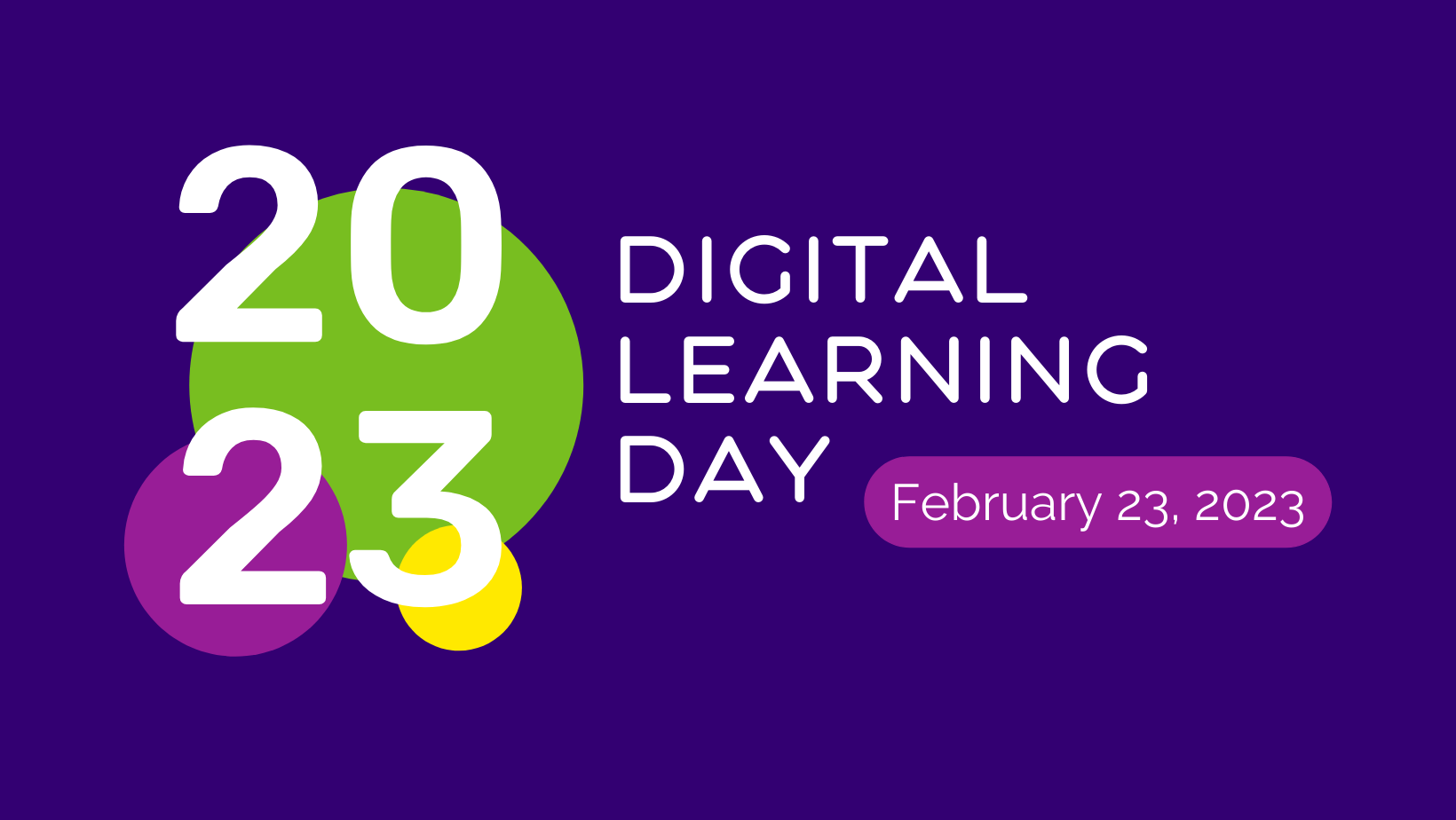Ayodeji Rasaq
Guest Columnist
Marketing in a depressed economy with limited consumer spending
Creative marketing strategies in a depressed economy with limited consumer spending
In an era where economic challenges have tightened consumer spending, marketing in Nigeria has evolved into a sophisticated blend of storytelling, cultural relevance, digital influence, and community-driven narratives.
As CMOs and Marketing professionals, the imperative is not just to navigate these turbulent times but to redefine the role of marketing in fostering resilience and growth.
Here are the key elements shaping the marketing landscape today, offering insights for businesses aiming to thrive in this climate.
Cultural nuance and local relevance
Marketing in Nigeria has always drawn strength from its deep cultural roots. Successful brands have mastered the art of weaving local narratives, proverbs, and colloquial expressions into their campaigns for authenticity and relatability.
They connect with audiences on an emotional level, building trust and loyalty by incorporating elements like music, food, and festivals.
Brands must understand and respect the cultural context in which they operate to further connect with their audience in this economy.
The digital-first approachSmartphone penetration and affordable data have propelled Nigeria into a digital-first era. Social media platforms—Instagram, TikTok, X (formerly Twitter), and YouTube—are no longer supplementary; they are central to marketing strategies. Short, engaging video content dominates, with brands leveraging trending hashtags and user-generated content to drive virality.
This digital shift calls for Marketing teams to invest in robust digital ecosystems and agile teams capable of real-time engagement.
The rise of influencers and the creator economy
Influencers have emerged as key architects of modern marketing. Micro and nano influencers, in particular, offer a unique blend of aspirational and relatable content, making them invaluable for brands targeting younger, urban audiences.
Their ability to ignite conversations and amplify hashtags like #DettyDecember provides a roadmap for brands seeking relevance in a saturated market. Business leaders must prioritise authentic partnerships with influencers who align with their brand’s values and objectives.
Reimagining experiential marketing
While live events and activations remain crucial, the future lies in hybrid experiences. Brands like Maltina, Hennessy, and Pepsi are pioneering this space, creating physical events with digital extensions that trend online.
Marketing professionals should consider how experiential marketing can be scaled digitally to maximise reach while maintaining intimacy and engagement.
Youth-centric strategies
With over 60% of Nigeria’s population under the age of 35, youth-centric marketing is non-negotiable.
Campaigns that resonate with themes of hustle culture, individuality, and social impact are gaining traction. Dynamic, fun, and socially conscious messaging captures the zeitgeist of this demographic.
Businesses must ensure their marketing teams remain attuned to the shifting aspirations and values of this influential consumer group.
Humour as a catalyst for virality
Nigerians are renowned for their humour, and brands that integrate this into their campaigns stand out in cultural conversations.
Whether through memes, skits, or parodies, humour entertains but also facilitates deeper brand engagement.
CMOs should encourage marketing teams to explore innovative, culturally resonant ways of leveraging humour to drive virality.
Community-driven engagement
Today’s consumers expect more than products; they demand purpose. Successful marketing campaigns increasingly tie into Corporate Social Responsibility (CSR) initiatives, addressing societal challenges such as education, youth unemployment, and community development.
For CMOs, this is a call to embed social impact into the very DNA of their organisations, ensuring that their brands are seen as partners in progress.
The promise of data-driven personalisation
Although still in its infancy compared to global standards, data-driven marketing is gaining ground in Nigeria. Brands are beginning to use data to segment audiences and deliver personalised messaging through tools like WhatsApp for Business and SMS.
Forward-thinking CMOs must invest in analytics capabilities to unlock the full potential of personalised marketing.
Navigating challenges
Economic instability, consumer scepticism, and infrastructural hurdles remain significant barriers. These challenges demand ingenuity and resilience.
Brands must strike a delicate balance between affordability and value while ensuring that their messages resonate across diverse socioeconomic strata.
Looking ahead
For Marketing professionals, the takeaway is clear: authenticity, creativity, and adaptability are the pillars of success.
In order to weather the current economic uncertainties and build enduring connections, businesses must understand that marketing extends beyond selling products; it is about inspiring hope, fostering community, and driving change.
Let us rise to the challenge, leveraging the power of marketing to create a lasting impact in a world that yearns for resilience and renewal.





Comment
No comments found.